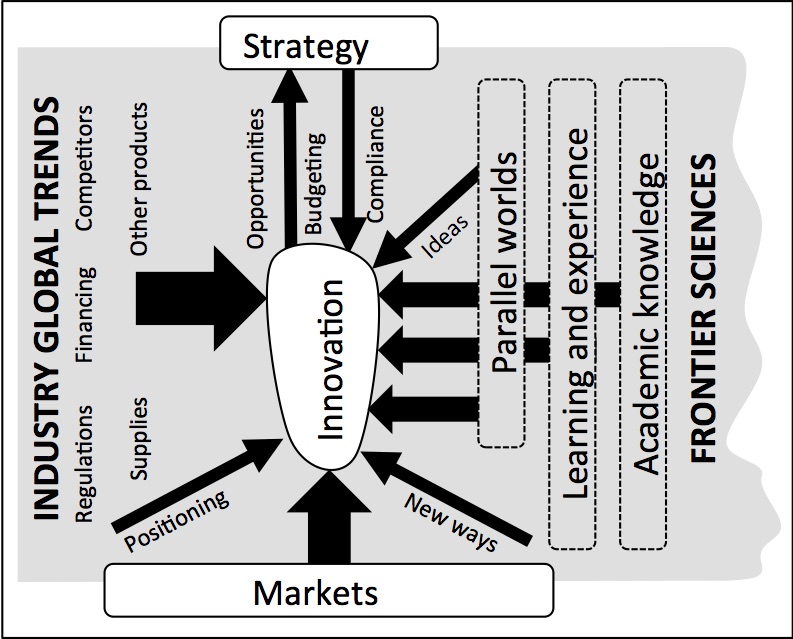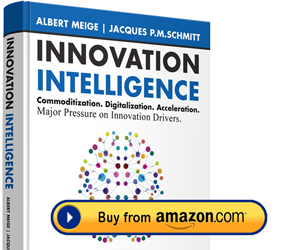In the previous articles of this series, we wrote about Internal Knowledge, Time Horizon, and Frontier Sciences. Here we deal with Academic Knowledge.

As the new knowledge matures, it is taught first at the postgraduate level then later at the graduate level or in specialized engineering schools. Extension of the knowledge base can be slow. For example, more than a century after their discoveries, complex theories such as quantum mechanics or relativity theory are still confined to graduate-level education. The extension can also happen quickly, as it did in the cases of solid-state energy band structure in physics and Polymerase Chain Reaction (PCR) in genetics.
Alan Turing and the Genetic Algorithm. The genetic algorithm was conceived in the 1950s by Alan Turing. It mimics the Darwinian evolution process by generating random variations of a program sequence, selecting them by testing, and then proceeding from the best resulting breed to another set of mutations. The concept is calculation-intensive. For decades the concept was applied and refined by a small circle of academic specialists in genetic sciences and algorithm theory. It was only at the dawn of the twenty-first century that the engineering modeling community developed an interest in genetic algorithms. Several applications, such as antenna design optimization or gas turbine design, have demonstrated the potential of genetic algorithms, specifically because they fit naturally with parallel computing. There are still many jewels of knowledge resting in secluded niches of academia!
Academic knowledge, at least to mature knowledge, is relatively accessible. Textbooks are published and special-focus summer schools are proposed. The difficulty with this type of knowledge is not in its access but rather in its breadth. Academic knowledge is so broad, so diverse, and dispersed across so many disciplines that nobody can examine it all. Innovation players may miss the opportunity to apply a valuable piece of knowledge from academia, simply because they are not aware that it exists. This potential failure highlights the importance of assembling innovation teams that are comprised of people who have diverse origins. Such diversity, with its wider coverage of academic knowledge, increases the probably that the team will identify a relevant piece of knowledge. Moreover, teams that include a diversity of experience are more inclined to admit that their knowledge is still limited[1] and, surprisingly, to invest more in actively searching for additional knowledge around the world.
[1] Johann Wolfgang von Goethe said the following: “We know accurately only when we know little; with knowledge doubt increases” (Sprüche in Prosa, 1819).
***
This article was initially published in the book Innovation Intelligence (2015). It is the second section of the first chapter.




